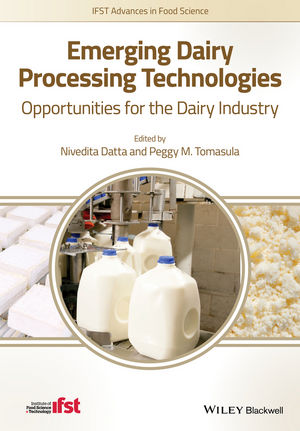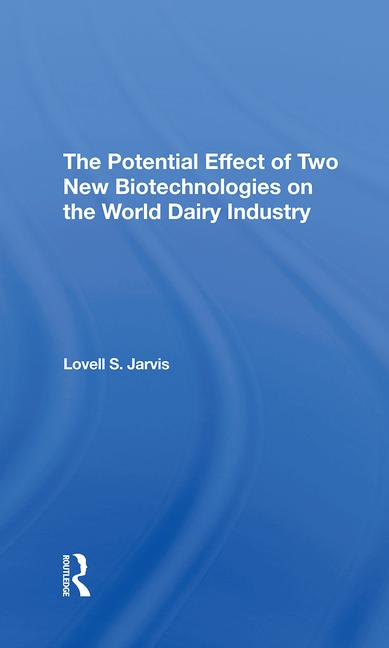Washington Watch: Dairy Industry Thrilled About Dietary Guidelines
"The scientific research continues to build on the importance of dairy's powerful nutrient package-especially in light of concerns about Americans not getting enough of certain key nutrients, many of which are found in milk and milk products," said Clay Hough, IDFA senior v.p. and general counsel. "We commend the U.S. Department of Health and Human Services and the U.S. Department of Agriculture for their science-based recommendations on dairy in the new guidelines."
This is the sixth edition of Dietary Guidelines for Americans, and it increases the emphasis on dairy over the previous version, calling for three daily servings instead of two. It's also good news for dairy because it becomes the basis of federal food programs and nutrition education programs.
"These new Dietary Guidelines represent our best science-based advice to help Americans live healthier and longer lives," HHS Secretary Tommy Thompson said.
The Dietary Guidelines Advisory Committee also referenced scientific data that showed that many Americans fall short on calcium, magnesium and vitamin A. IDFA was quick to point out that milk and milk products are among the best sources of these nutrients.
Nebraska Gov. Mike Johanns won easy confirmation as Secretary of Agriculture in the second Bush Administration. Appearing before the Senate Agriculture Committee, Johanns breezed through three hours of questioning on everything from the importation of Canadian cows to food security concerns. Dairy industry representatives in Washington say Johanns' first big test will likely be putting together the 2007 Farm Bill reauthorization. Some lawmakers have signaled their intentions to extend the Milk Income Loss Contract (MILC) payment program and to revive dairy compacts, something supported by producers but opposed by processors.
Looking for a reprint of this article?
From high-res PDFs to custom plaques, order your copy today!





